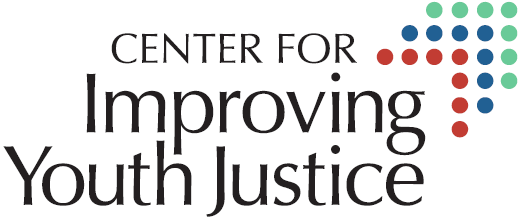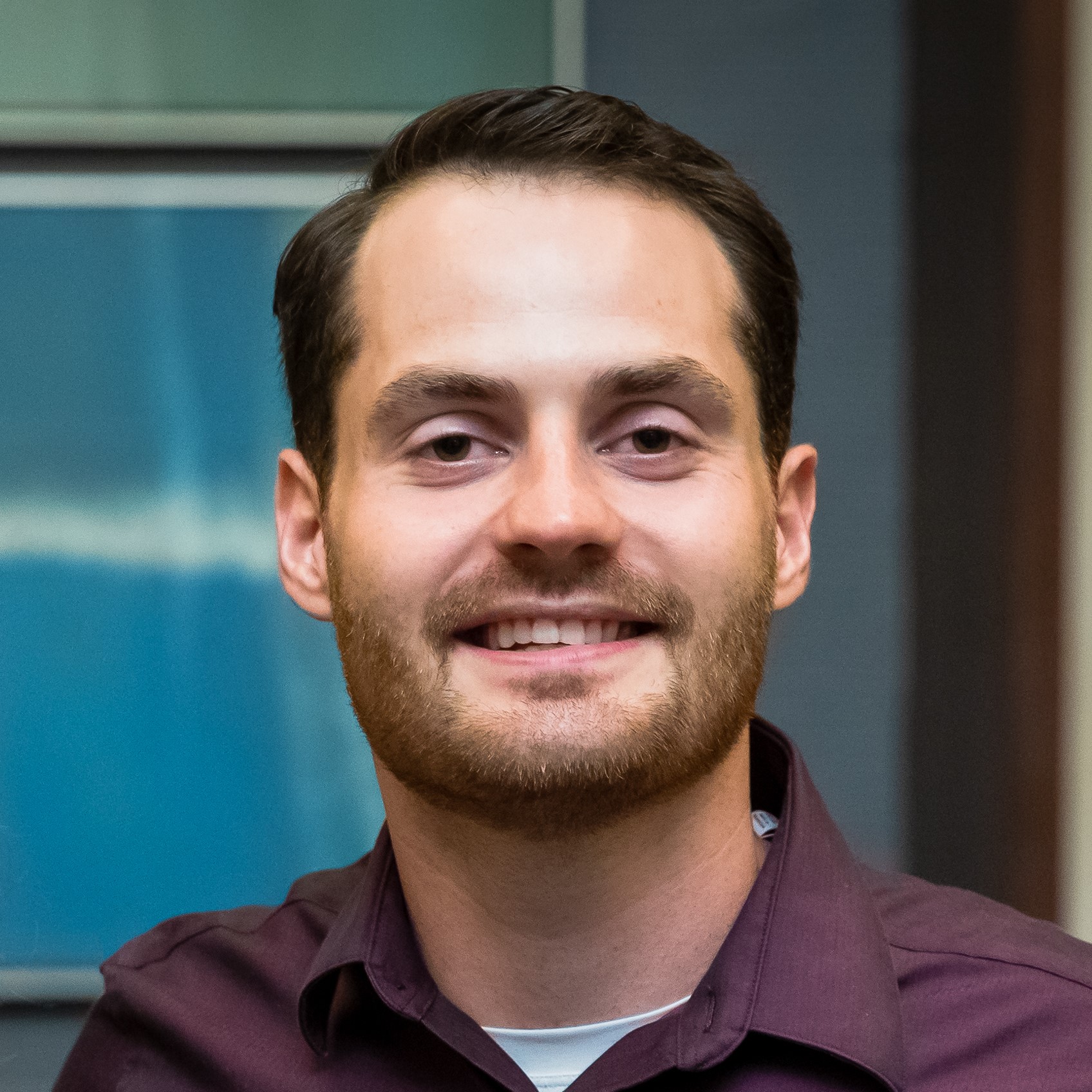National Mentoring Month is a celebration of the transformative power of mentorship. As we reflect on the impact mentors have on individuals, communities and society, let’s embrace the opportunity to contribute to this movement. By recognizing the importance of mentorship, we can collectively create a more supportive and empowered world, where individuals, including young people reentering their communities, thrive with the guidance and encouragement of mentors. Kapiolani, CIYJ’s Communications Director, had the opportunity to sit down with Stephen Kaplan, one of CIYJ’s mentors. Read their interview below:
*This interview has been trimmed for clarity and conciseness. None of Stephen’s words were changed.
Thanks for taking the time to sit down with me, Stephen. Could you talk to me about how you found yourself as a mentor for the Center for Improving Youth Justice?
Stephen: I was incarcerated when I was 16. I served just under 9 years inside and education became a really important part of my life. I was home-schooled my whole life, but my mom had many issues, so I did not have any schooling from like 10 until I was incarcerated. I had some opportunities while I was inside, I got my associate degree and went on to my bachelor’s degree and I had so much time left that I wanted to see if I could go for my masters. I applied and got accepted but money was a really tough thing, CIYJ offered some scholarships. I ended up winning and it allowed me to start my masters.It was so meaningful to me, and I called Kim up and expressed my gratitude and let her know if there is anything I could ever do to help. We stayed in contact and after I got out, I finished my master’s degree and went on working and helped out with scholarship winnings.After Russell passed, he had this vision for this bigger scholarship, Kim and I started talking, and I was all over that because mentoring itself has been something I’ve been doing for 10+ years even while I was inside, I started groups. A lot changed while I was inside. It was a lot about surviving being inside and how to grow yourself past some of this trauma in general.After getting out, I realized how hard it was and the things I was prepared for were not the things that were challenging. Getting a job or a house was not the scary thing, it was, how do I become a normal person? I’m not. I am an incarcerated person and I started seeing everybody that I’ve been in contact with and learning about the people that failed and the ones that were successful. It became a passion of mine to understand. How do we help young people move through this partially maladapted stuff that they learned while they are inside? They become pros and experts at society inside, but it is very different outside.
What do you think makes mentoring so important for justice involved young people? In a mentor/mentee relationship what do you feel is most important about that bond?
Stephen: A lot of the young people that go through systems have some form of troubled family dynamic, whether it is family, no family, and we forget that young people are quite malleable and there is only a few people that have a corrupt mind or don’t care. Most people in the world want to do better, but it can be complicated. I don’t often really use the word mentor, I’m just these guys’ friend. I can say, “Hey I have these shared experiences” and we learn mostly through people’s mistakes. When you have somebody that they connect with and can say, “Hey I messed this up really bad and this is what I learned” that gives them the freedom to say, “I feel the same way!” Being able to say I’m feeling scared or angry or I almost cried, and this is how I moved through it, or this is how I failed through it is an important aspect of how people in general learn. You learn that from your parents in many areas and some of these young people have so little of that and they need people to walk through life with them.It’s not as simple as telling them, “Don’t do drugs.” We must connect some other way and I think that’s the value of mentorship.
Can you pinpoint for me moments in your life that have proved most beneficial in your mentoring role?
Stephen: I have actually almost fallen in love with the amount of time that I had to serve and understand that if I had gotten a lighter sentence or done a couple months, I wouldn’t be able to connect with many of the people I mentor. I had so much time to settle through so many of the emotions, I became an expert in this is how crappy this feels.I can now connect with young people especially helping them work through that ‘dark secret’ of being incarcerated We all have a little Quasimodo feeling about ourselves especially when people ask, “What did you do last summer?” They went to parties and hung out and I was in line at the dining hall. Helping these young people and being able to connect about that, how do we get them to feel normal? That feeling exists for everybody, whether you have been in jail or not, everybody feels like they’ve got this secret bell tower person, that they have something to hide. How do we bring that side out because we all feel that.Really being able to connect with people has been one of the most beneficial pieces and education on top of that. I had all these opportunities and CIYJ gave me so much to continue forward.
When we talk about building trust with young people, can you talk to me about your approach to building these relationships and developing that trust? Is there something that works?
Stephen: It changes from person to person a bit but there are a couple of principles: I think not being pushy is a big thing that I do. I show up. I don’t force anything. I don’t ask deep questions to start. Like a job interview, you begin with just getting the basics about people. The most impactful thing to build trust is that I am the first one to be vulnerable. I share very rough or tough experiences of my life. Sometimes it relates to something that they maybe have hinted about or mentioned.I think when I show my “less-than” parts and stand proud in those and I’m not afraid to hand those over to young people then they start sharing things. I understand it’s a long game, a lot doesn’t happen in a week or a month.The last important thing is to remove the power dynamic. None of the young people call me sir or mentor, we’re friends and they have every right to call me on my stuff. They often mentor me back.That’s life, they have experiences I don’t have. I empower them so they don’t feel like I’m above them.
How do you help your mentees recognize and celebrate their successes or their wins?
Stephen: I’m always verbally encouraging them. I’ve visited a few of my mentees and taken them to dinner and been able to show them, “Hey this is time to celebrate you and your success.” I think they can get lost and I like to remind them, “Look what you survived. You’ve done a lot to make it through and get to this point.” A lot of it is just sharing my own admiration for them and making sure they know it’s from the bottom of my heart. They keep me on the straight and narrow. I have had many times where I wanted to be weak and say, “Screw it.” Then I talk to them, I listen to them and hear how they got through another tough term or he’s inside and there was a big fight he stayed out of- man, that inspires me and I let them know that anytime I have that feeling.
What has been the most difficult challenge that you’ve faced while being a mentor?
Stephen: Maybe the toughest thing is I don’t feel like I have that great of a support network as I’m dealing with very different personalities and it can be tough to navigate. I don’t have a network of other mentors that I can call up and be like, “Hey, I’m dealing with this situation have you ever dealt with this before?” It’s almost like I’m writing the book myself in a specific demographic. That’s probably the biggest challenge: how to be there for the guys when there’s things that I don’t know.
If you could give one piece of advice to young people within the youth justice space, what would it be?
Stephen: That your experience itself is traumatizing and that your feelings are incredibly valid. It’s going to take you years to sort through and the sooner you can start approaching yourself and life from that aspect, the better.A lot of rehabilitation focuses on things that you’ve done wrong or that you’ve experienced and things that you need to improve on yourself, but there’s not really any resources that say, “Hey,you’ve been taken away from society and put into a system in a program and be kind of in a way written off and turned into a number or a cell.” That itself is trauma. You have to figure that out and adapt in certain ways to survive.
On the reverse side of that, what would be one piece of advice that you’d give to adults working in the youth justice space?
Stephen: I think adults need to understand that maybe at the root of negative behaviors is brain chemistry. This will get you a lot farther instead of focusing on, “Oh maybe your parents weren’t great.” In a weird way, these kids see it as if they’ve been abducted out of their life, they’re put in this world, they have to sort through this rule. They don’t have a developed ability to understand what happened fully.Adults need to realize that it’s a big problem and that it needs to be approached holistically. If you’re approaching it from one perspective, you’re going to miss the mark. They’re still people, no matter what they tell you or what they project and connecting with them, being vulnerable with them will help them feel safe in this not safe environment.
What is one thing you wish to share with someone who has no background in the youth justice system? What would you like them to know?
Stephen: I think most people I interact with have no understanding of the system or the young people who are incarcerated. They will think of either Nicholas Cage and Con Air or a super scary movie with a chainsaw murder. Most people don’t have an appropriate understanding of how young people get into situations that get them into trouble. Most of the time it’s super logical: An environment that they’ve grown up around and they don’t have the cognitive ability to quite understand how to get out of it or to know what’s right or wrong.The juvenile justice system is about rehabilitation, which is so different than the adult system. I wish people knew that because I think our laws would change. People have this predisposition of ‘if you are in trouble with the justice system – you must have done something terribly wrong, you must be punished.’ That isn’t the goal of the juvenile justice system. It’s all about rehabilitation and people need to understand that.

